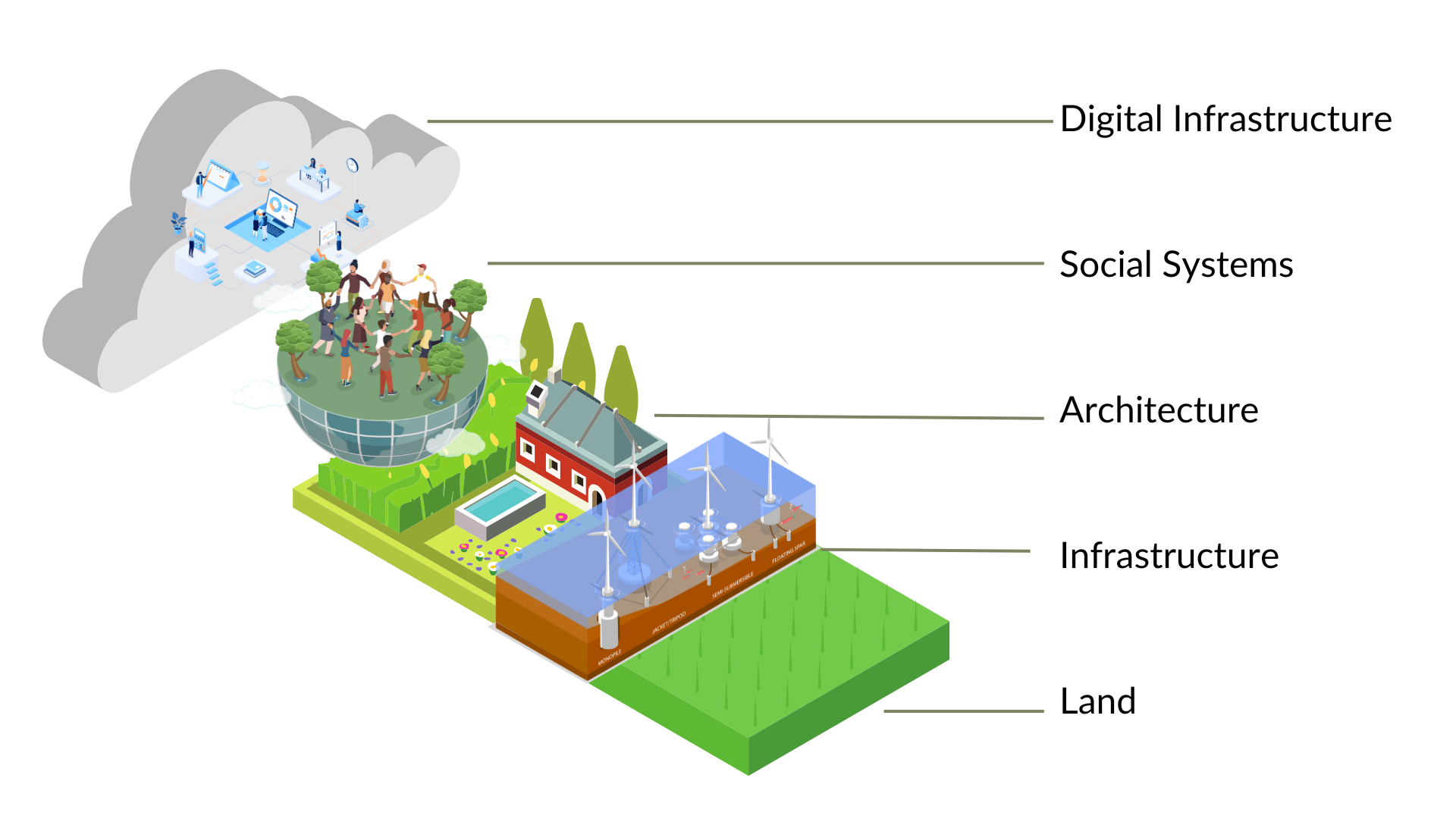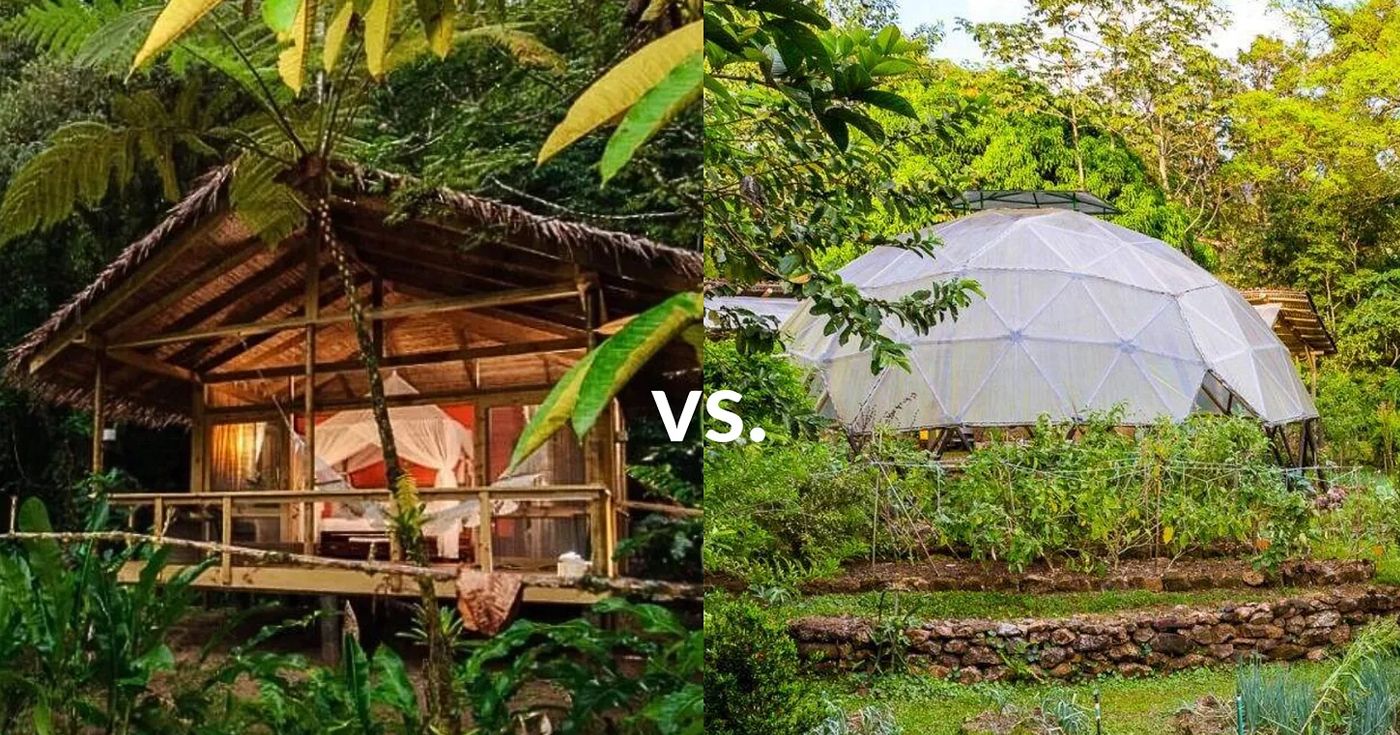It’s time we understood the difference, because “ecovillage” and “regenerative village” each represent different iterations of the same concept.
On the surface, ecovillages and regenerative villages look very similar.
Both are ecologically-designed communities organizing around common values and holistic lifestyles. The distinction is more a ‘difference in degree’ than a ‘difference in kind’.
So why is it important to understand the differences?
- The terms represent different generation’s response to environmental destruction and a dissociative way of life
- The connotations will be different for each word, and we should be aware of the associations and expectations that come with each
- They loosely represent different methodologies and features

Disclaimer: These are gross categorizations. What is mentioned is not universally true for either, and many communities will fall somewhere in the middle of the axis.
Land
For me, everything starts with the relationship to and treatment of the land.
Ecovillage
Most ecovillages stem from a dream of living “closer to the land”. The approach I’ve noticed with a good handful of them involves buying virgin land, clearing space, and building eco-friendly infrastructure.
Ecovillages are almost always rural, because being immersed in nature is a priority. Ecovillagers tend to have a strong spiritual connection with the natural world.
Regenerative Village
To be considered a regenerative village, the land in question must be ecologically degraded, have experienced biodiversity loss, or in other ways is not rich and fertile already.
Land is acquired with the intent to restore it using regenerative practices and to first and foremost understand the complexity of the ecosystem.
This also applies for urban/neighborhood scale projects.
Physical Infrastructure
At Regen Tribe we always go back to these pillars of self-sufficiency: food, water, energy, and waste.
Ecovillage
An ecovillage may or may not prioritize self-sufficiency. Often due to the constraints of more bootstrapped budgets, there will be some ecological infrastructure — gardens, solar panels, onsite recycling practices — but I don’t typically see ambitious projects.
Obviously there are exceptions. Take Tamera’s water retention and electricity system for example.
Regenerative Village
I would generally say that the base focus of regenerative villages is on the circularity of the infrastructure and innovating to completely minimize waste and optimize systems.
For the reason that it’s much more difficult to retrofit systems that are not circular than to start with that level of resilience.

